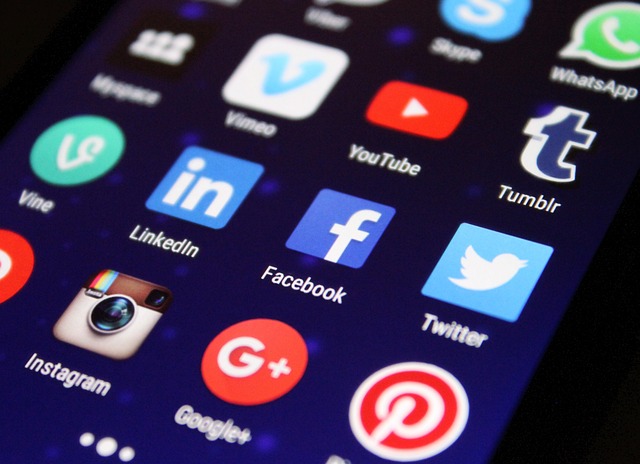In a world where the click of a button can connect us to friends, family, and even strangers across the globe, it is easy to overlook the dark side of social media integration. The convenience and connectivity it offers often come at the cost of our mental well-being. Social media platforms have become omnipresent in our daily lives, leading to addictive behaviors that can negatively impact relationships, self-esteem, and productivity.
The impact of social media integration is profound; it alters how we communicate, express ourselves, and gauge our worth. Constant notifications and the fear of missing out (FOMO) pull users into an endless cycle of scrolling, liking, and sharing. Each interaction triggers a release of dopamine, the feel-good” hormone, making it difficult to detach. Many individuals spend hours online, subconsciously seeking validation through likes and shares, only to find themselves feeling more isolated and unhappy.
It’s important to recognize that the beauty of social media lies in its ability to bring people together. However, when integration becomes consumption, it can lead to feelings of inadequacy and comparison. Users often curate their online personas, showcasing polished moments from their lives while hiding the vulnerabilities that make us human. This false portrayal can exacerbate feelings of jealousy and loneliness, pulling individuals deeper into a cycle of addiction.
The addictive nature of these platforms is further fueled by algorithms designed to keep us engaged. With each swipe and scroll, we are bombarded with curated content that caters to our interests and keeps our curiosity piqued. The result is a digital landscape that demands our attention, making it challenging to step back and evaluate our online habits critically. As we become more integrated into these platforms, the line between our virtual and real lives increasingly blurs.
Social media addiction is not merely a personal failing; it is a cultural phenomenon that warrants recognition and understanding. People from all walks of life are affected, often feeling trapped in a cycle of engagement that feels both essential and oppressive. Developing awareness about how social media integration impacts our emotional health is crucial. This acknowledgment can lead to healthier consumption patterns and a better balance between online connections and real-life relationships.
As we navigate the digital age, it is imperative to cultivate a mindful approach to social media use. Setting boundaries around screen time, curating our feeds to include positivity, and fostering genuine connections offline can all contribute to breaking the cycle of addiction. By prioritizing our mental health and well-being, we can enjoy the benefits of social media integration without falling prey to its darker side.



